Annual alumni golf events have become cornerstone traditions for educational institutions nationwide, generating significant revenue for scholarships and programs while strengthening connections among graduates who return year after year to compete, network, and support their alma mater. Yet many schools struggle with the operational complexity of tournament management—coordinating hotel arrangements, communicating event details to dispersed participants, securing sponsor support, and preserving the historical record of champions, participants, and memorable moments that define these beloved traditions.
The most successful alumni golf programs combine meticulous event planning with modern technology solutions that transform one-day tournaments into year-round engagement opportunities. By leveraging digital platforms that house comprehensive tournament history, showcase sponsor recognition, communicate logistical details effectively, and celebrate participant achievements across decades, institutions create compelling experiences that increase registration, strengthen sponsor relationships, and build lasting traditions worth preserving.
This comprehensive guide explores proven strategies for planning exceptional alumni golf tournaments, managing complex event logistics, leveraging technology for efficient communication and recognition, and preserving tournament history in accessible formats that honor tradition while inspiring future participation.
The Strategic Value of Annual Alumni Golf Events
Alumni golf tournaments serve multiple institutional priorities simultaneously, making them among the highest-return advancement initiatives when executed thoughtfully and managed professionally.
Revenue Generation for Mission-Critical Programs
Golf tournaments consistently rank among the most lucrative fundraising events educational institutions organize. According to data from advancement professionals, well-executed tournaments generate significant net revenue through multiple streams including player registration fees typically ranging from $150-$350 per golfer, corporate sponsorship packages from $500-$25,000 or more, auction items and raffles during post-tournament receptions, and direct donations from participants and sponsors inspired by the event experience.
Unlike gala dinners requiring extensive catering, venue rental, and entertainment costs, golf tournaments leverage country club facilities and services while maintaining favorable cost-to-revenue ratios. Many programs achieve 60-75% net profit margins when sponsorships cover major expenses, allowing registration revenue to flow directly toward scholarships, athletics, or institutional priorities.
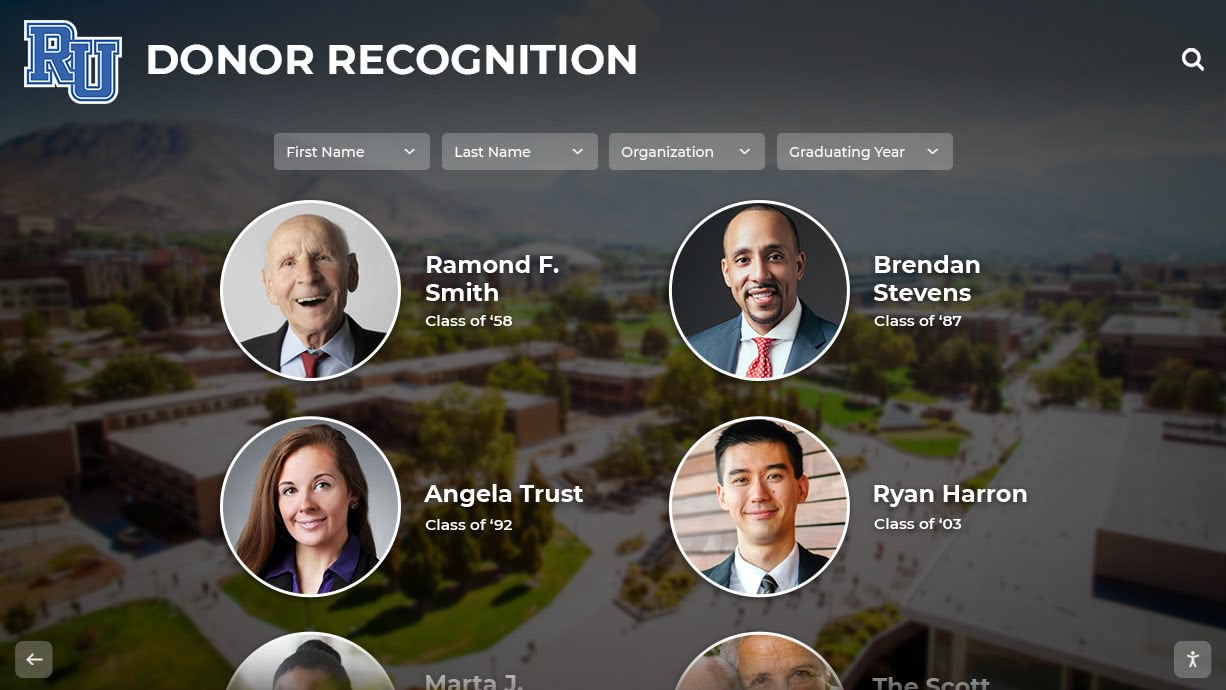
Alumni Engagement and Networking Opportunities
Beyond fundraising, golf tournaments create unparalleled networking environments where alumni spend 4-5 hours together in relaxed, conversational settings conducive to relationship building. Unlike formal galas with assigned seating and rigid schedules, golf’s natural pace creates organic opportunities for connection, conversation, and community building.
Many alumni who rarely attend other institutional events enthusiastically participate in annual golf tournaments, making these gatherings critical touchpoints for engaging otherwise disconnected graduates. The casual atmosphere encourages multi-generational interaction, with recent graduates playing alongside distinguished alumni from decades past, creating mentorship opportunities and professional networking that extend well beyond tournament day.
Research from alumni engagement studies demonstrates that participants in regular alumni events give 40% more frequently and volunteer at significantly higher rates than those attending sporadically or not at all, making golf tournaments valuable for long-term relationship cultivation beyond immediate revenue generation.
Sponsor Visibility and Corporate Partnership Development
Annual golf tournaments provide exceptional sponsor visibility opportunities through signage at tee boxes, holes-in-one contests, beverage carts, scorecards, digital communications, and permanent recognition for long-term supporters. These varied touchpoints create meaningful value for corporate sponsors seeking brand awareness among affluent, educated audiences.
Beyond immediate event sponsorship, successful tournaments establish long-term corporate partnerships that extend into other institutional relationships—recruiting collaborations, guest speaker opportunities, scholarship endowments, and facility naming rights. The golf tournament serves as entry point for corporate engagement that can evolve into transformational institutional relationships generating value for years beyond initial event sponsorship.
Essential Planning Timeline for Annual Alumni Golf Events
Successful tournaments result from systematic planning beginning months before event day, with critical milestones ensuring nothing falls through coordination cracks.
6-8 Months Before: Foundation and Strategy
Early planning establishes the framework for successful execution across all subsequent phases.
Event Date Selection
Choose dates considering multiple factors including avoiding conflicts with academic calendar events, major holidays, or competing alumni gatherings, ensuring adequate advance notice for alumni travel planning, securing optimal weather windows for your geographic region, coordinating with golf course availability during peak season, and allowing sufficient lead time for sponsor solicitation and marketing efforts.
Weekend dates typically drive higher participation from working alumni, though weekday tournaments may work well for institutions with significant retired alumni populations. Friday tournaments followed by full weekend reunion programming create attractive multi-day engagement opportunities.
Golf Course Selection and Contracting
The venue fundamentally shapes participant experience and event viability. Evaluate courses based on reputation and conditioning attracting serious golfers, accessibility and proximity to campus or major airports for traveling alumni, facility quality for pre-tournament registration and post-tournament receptions, flexibility in accommodating various tournament formats and formats, pricing structure including green fees, cart fees, and food/beverage minimums, and staff experience managing large tournament groups.
Private clubs often provide superior course conditions and exclusive atmosphere, while public courses may offer better pricing and flexibility. Negotiate comprehensive agreements covering green fees, cart fees, driving range access, food and beverage packages, rain date policies, and payment schedules.
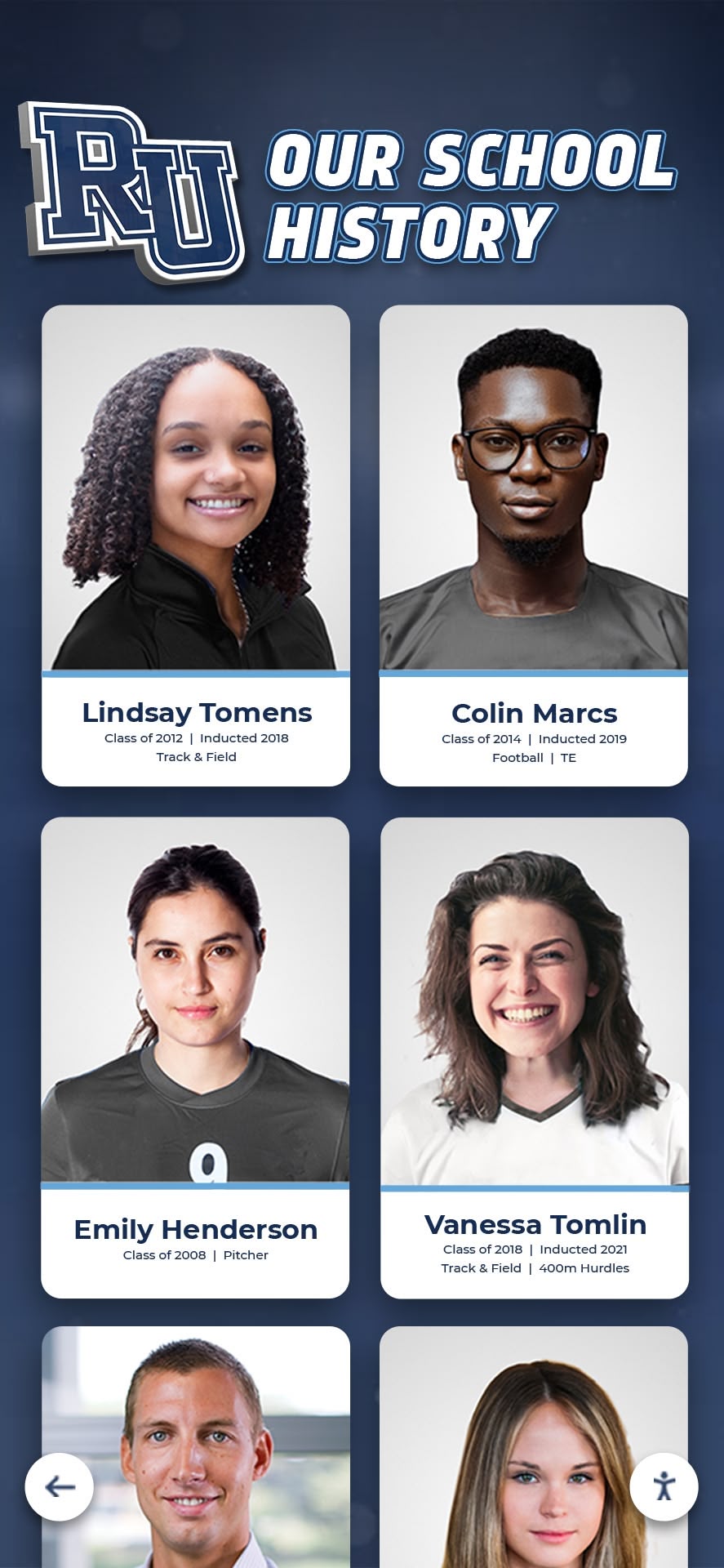
Tournament Format Determination
Format selection impacts player experience, competitive balance, and operational complexity. Common formats include:
Scramble Format: Most popular for alumni events due to inclusive nature allowing various skill levels to compete enjoyably. All players hit from the best ball position each shot, maintaining pace while enabling weaker players to contribute meaningfully.
Best Ball: Each player plays their own ball with the best score per hole counting toward team total. Provides individual competition while maintaining team element.
Modified Stableford: Points-based scoring system rewarding aggressive play and maintaining engagement even after poor holes. Particularly effective for mixed-skill tournaments.
Consider including multiple competitions simultaneously—overall team competition, individual competitions, closest-to-pin contests, longest drive challenges, and perhaps novelty competitions creating engagement at various skill levels.
4-6 Months Before: Sponsorship and Marketing Launch
With foundational elements established, aggressive marketing and sponsor cultivation drives registration and revenue.
Comprehensive Sponsorship Package Development
Create tiered sponsorship opportunities providing varying visibility levels and benefits including presenting sponsorships ($15,000-$25,000) with premier branding across all materials, beverage cart sponsorships ($5,000-$7,500) with mobile brand visibility throughout tournament, hole sponsorships ($1,000-$2,500) providing dedicated signage at specific holes, and supporting sponsorships ($500-$1,000) with program recognition and social media appreciation.
Benefits should scale appropriately including logo placement on promotional materials, social media recognition, website visibility, permanent digital recognition for returning sponsors, foursome entries for higher-level packages, and post-tournament attendee data for sponsor follow-up where appropriate.
Digital platforms like those from Rocket Alumni Solutions provide permanent sponsor recognition extending value well beyond event day through year-round visibility for multi-year commitments.
Aggressive Marketing and Communication Campaign
Develop multi-channel marketing strategy reaching alumni wherever they engage:
- Email campaigns to segmented alumni lists with personalized messaging
- Social media promotion across institutional and alumni association platforms
- Website landing pages with registration, sponsorship information, and tournament history
- Direct mail to high-priority alumni segments
- Reunion class outreach encouraging group participation
- Personal outreach to past participants and major donor prospects
Registration Platform and Payment Processing
Implement user-friendly online registration systems enabling efficient signup and payment through platforms accepting credit card payments securely, collecting necessary participant information in organized formats, providing immediate confirmation and communication, enabling easy team formation and registration, offering flexible payment options including installment plans, and generating automated reporting for tournament planning.
2-3 Months Before: Detailed Logistics Planning
As registration builds, focus shifts to operational details ensuring smooth execution.
Hotel Accommodations and Travel Information
For tournaments attracting traveling alumni, negotiate hotel room blocks and communicate details effectively:
- Secure discounted room rates at hotels near the course or campus
- Communicate reservation details with special rate codes
- Provide transportation information between hotels and golf course
- Share local dining recommendations and attractions
- Coordinate shuttle services if needed for multi-site itineraries
Detailed Day-of Schedule Development
Create minute-by-minute timelines covering registration and check-in procedures, practice facility access times, meal service timing for breakfast or lunch, shotgun start or tee time coordination, on-course hospitality and beverage service, post-tournament reception and awards ceremony, and sponsor recognition and appreciation moments.
Share detailed schedules with participants, sponsors, volunteers, and golf course staff ensuring everyone understands timing and expectations.
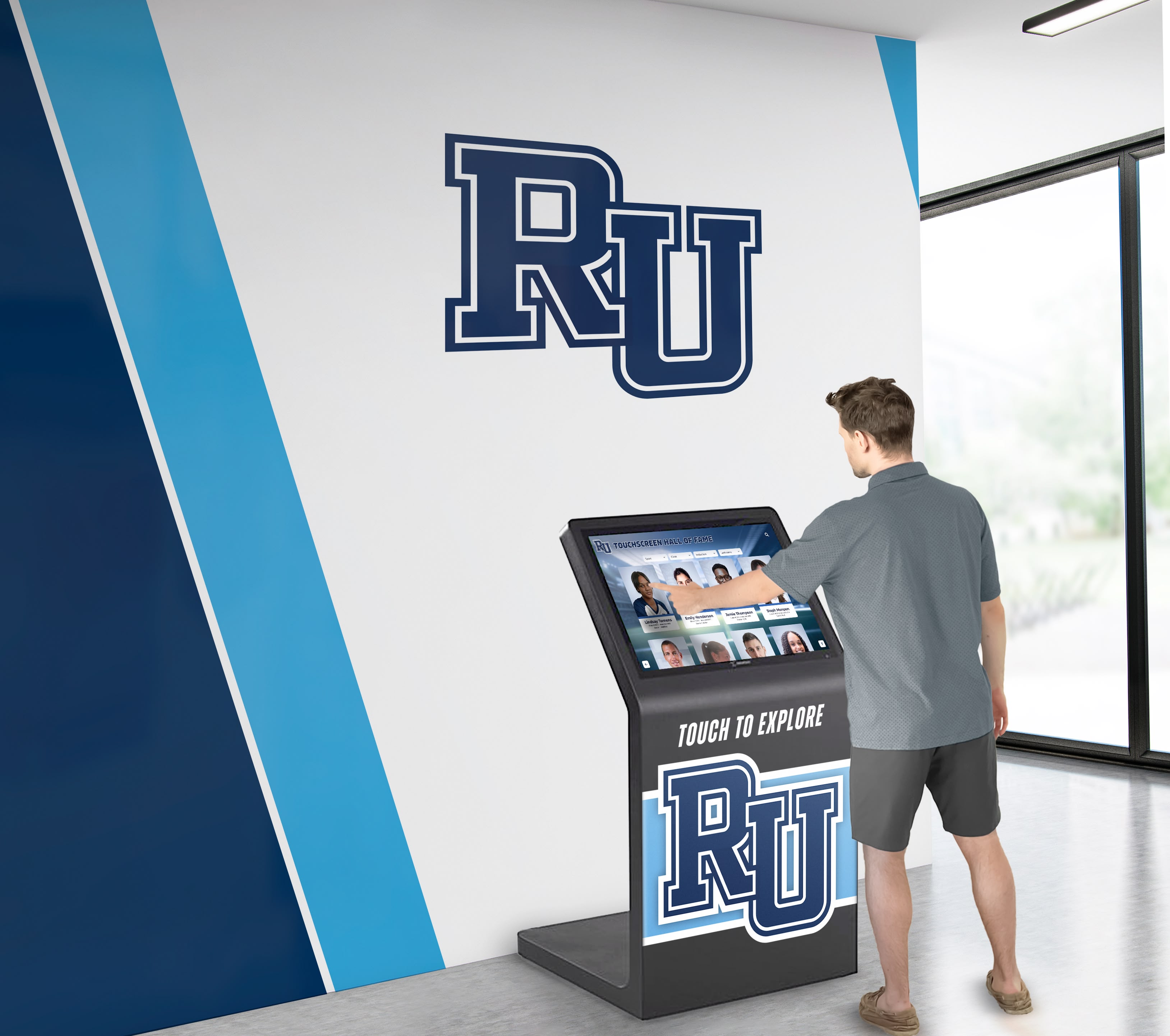
Volunteer Recruitment and Training
Successful tournaments require 15-30 volunteers for check-in and registration, on-course support at specific holes, scoring and leaderboard management, sponsor liaison and hospitality, photography and social media documentation, auction and raffle administration, and post-tournament setup and coordination.
Recruit volunteers from current students, alumni association members, athletic department staff, and advancement team members. Provide detailed role descriptions and day-of instructions ensuring everyone understands responsibilities.
3-4 Weeks Before: Final Details and Communication
Final countdown requires intensive communication ensuring participants, sponsors, and stakeholders have all necessary information.
Comprehensive Participant Communication
Send detailed communication packets including exact golf course address and directions, registration check-in time and location, day-of schedule with all activity timing, hotel information for traveling participants, dress code expectations and golf etiquette reminders, tournament format explanation and rules, roster information enabling networking before arrival, sponsor recognition encouraging participant appreciation, and emergency contact information.
Sponsor Coordination and Recognition Planning
Confirm sponsor expectations and coordinate signage including verifying logo files and branding specifications, coordinating signage production and installation timeline, reviewing on-course presence plans, scheduling sponsor representatives’ arrival and activities, planning sponsor recognition during the awards ceremony, and preparing post-event follow-up and impact reporting.
Final Registration Push
Execute last-minute registration encouragement through personal outreach to alumni who registered previously but haven’t yet committed, social media countdown campaigns building excitement, waitlist management if tournament reaches capacity, and accommodation of late registrations where operationally feasible.
Day-of-Event Execution: Creating Exceptional Experiences
Meticulous planning culminates in event day execution that creates memorable experiences for participants, sponsors, and volunteers.
Smooth Registration and Welcome
First impressions establish the tone for the entire event. Efficient registration processes include organized check-in tables arranged alphabetically, pre-printed cart assignments and course information, swag bag distribution with sponsor materials and tournament keepsakes, last-minute payment collection from registrants with outstanding balances, and warm welcome from institutional leadership and tournament committee.
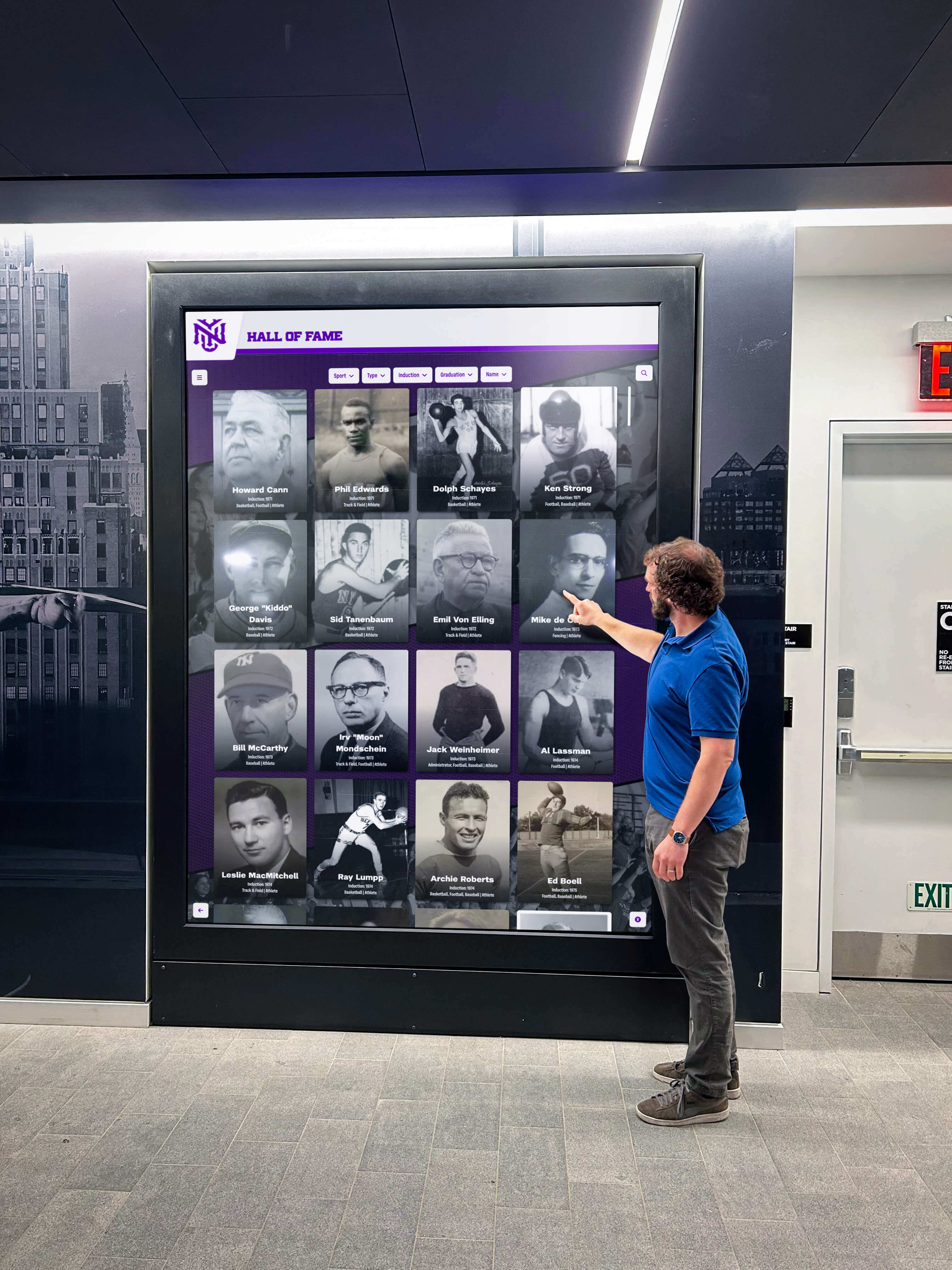
On-Course Experience Management
Successful tournaments balance competition with hospitality and fun:
Strategic On-Course Hospitality: Position beverage service at strategic intervals maintaining player hydration and energy, offer mid-round snacks at turn (after 9 holes), and coordinate sponsor presence at designated holes creating meaningful touchpoints.
Competition Management: Maintain accurate scoring through mobile apps or traditional methods, provide real-time leaderboard updates generating excitement, coordinate special contests (closest-to-pin, longest drive) efficiently, and ensure proper rules interpretation and pace-of-play management.
Documentation and Content Creation: Capture high-quality photos throughout the tournament day for post-event communications and next year’s marketing, collect video testimonials from participants and sponsors about their experience, document memorable moments and competitive highlights, and maintain active social media presence throughout the day engaging remote alumni.
Memorable Post-Tournament Reception and Awards
The post-tournament gathering provides crucial opportunities for recognition, networking, and relationship building:
- Serve quality food and beverages justifying registration investment
- Recognize sponsors prominently with prepared remarks and presentations
- Announce winners across various competition categories
- Share tournament proceeds totals and program impact stories
- Facilitate informal networking with adequate reception time
- Distribute prizes, trophies, and recognition items
- Preview next year’s event generating early commitment
Preserving Tournament History Through Digital Recognition Platforms
The most forward-thinking alumni golf programs leverage technology to transform one-day events into year-round engagement platforms that preserve history, recognize supporters, and facilitate communication.
Comprehensive Tournament Archives
Digital recognition systems create permanent, searchable archives documenting tournament history across decades. Platforms like Rocket Alumni Solutions enable institutions to maintain comprehensive records including:
Annual Tournament Results: Compile winning team rosters organized by year, individual competition winners (closest-to-pin, longest drive, etc.), scoring records and memorable achievements, and participant lists documenting alumni who played each year.
Historical Photo Galleries: Create visual archives with photos from each tournament organized chronologically, team photos documenting participating foursomes, candid shots capturing tournament atmosphere and memorable moments, and sponsor recognition imagery documenting long-term partnerships.
Participation Tracking: Maintain records identifying consecutive participation streaks, lifetime attendance recognition for loyal returners, multi-generational participation (parents and children playing together), and class year representation showing alumni engagement across decades.
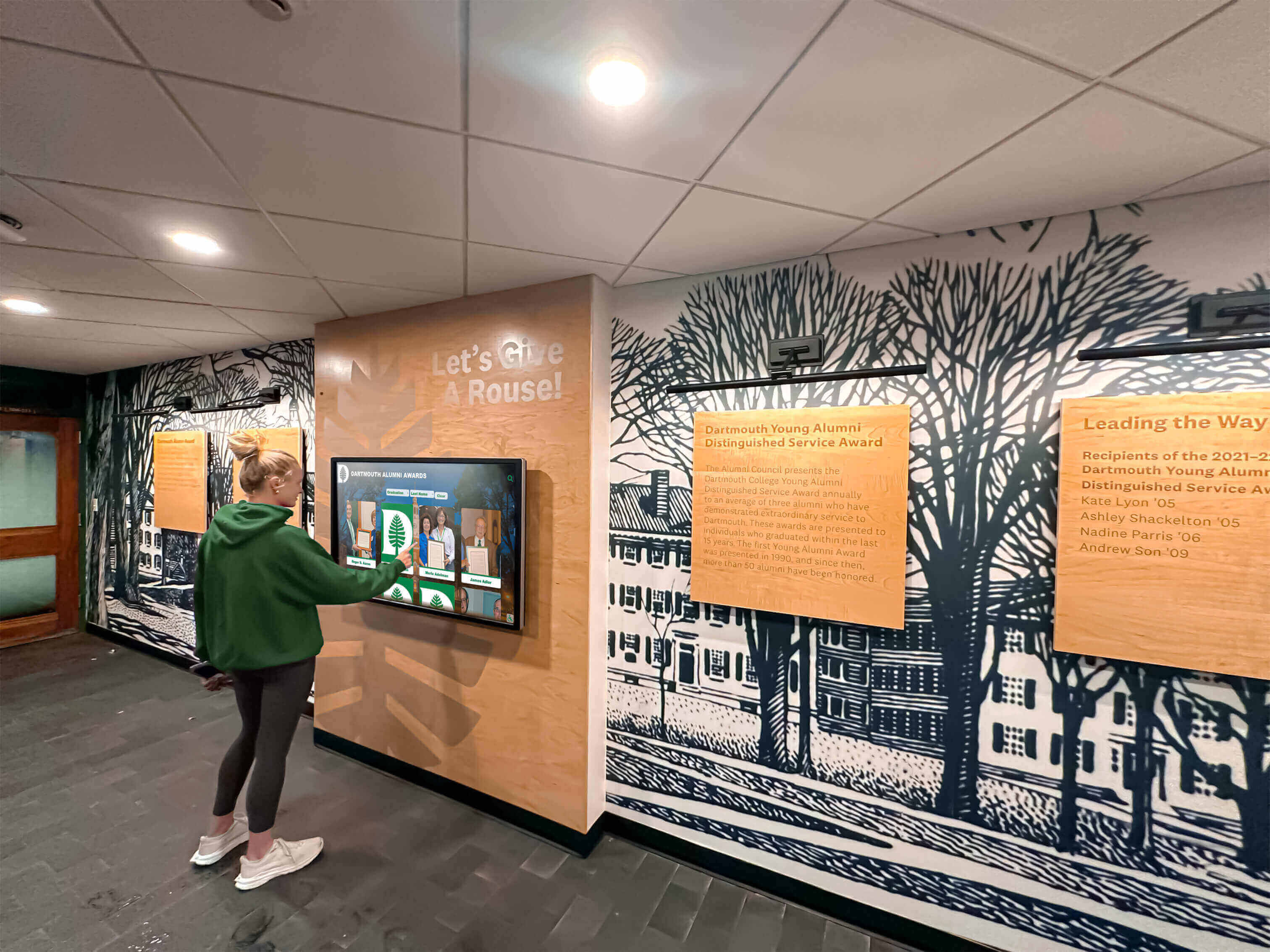
This comprehensive historical documentation creates institutional memory that honors tradition while providing compelling marketing content demonstrating tournament heritage and success when promoting future events.
Sponsor Recognition That Extends Beyond Event Day
Traditional sponsor acknowledgment ends when tournaments conclude—banners get stored, programs get discarded, and visibility evaporates until the next annual event. Digital recognition platforms transform sponsor value through year-round visibility and permanent appreciation.
Solutions like Rocket Alumni Solutions enable institutions to create dedicated sponsor galleries showcasing logo images and company information, recognition level and years of support, testimonial content from sponsor representatives explaining their commitment, and direct links to sponsor websites facilitating business connections.
This permanent recognition provides tangible value justifying multi-year sponsorship commitments while demonstrating to prospective sponsors that institutional partnerships receive appropriate, lasting appreciation. When tournament directors can show corporate prospects the permanent digital recognition accompanying sponsorship, conversion rates improve dramatically compared to one-day-only visibility propositions.
Efficient Event Detail Communication
Managing complex logistics—hotel arrangements, transportation schedules, registration deadlines, format explanations, course details—requires clear communication reaching geographically dispersed alumni efficiently. Digital platforms centralize all event information in easily accessible, always-current formats:
Comprehensive Event Hub: Create dedicated landing pages housing complete tournament information including registration forms and payment processing, hotel accommodation details with reservation links, course information and driving directions, detailed schedules and format explanations, FAQs addressing common participant questions, sponsor recognition and appreciation, and real-time updates as details evolve.
Mobile Accessibility: Modern alumni expect mobile-friendly access to event information. Responsive design ensures tournament details display perfectly on smartphones and tablets, allowing traveling participants to reference information easily throughout their tournament experience without needing printed materials that get misplaced or outdated.
Automated Communication Workflows: Integrate registration systems with email platforms enabling automated confirmation messages, reminder sequences leading up to event day, post-event thank-you communications, and post-tournament impact reporting sharing fundraising totals and program benefits.
Interactive Participant Engagement
Beyond information delivery, interactive platforms create engagement opportunities that strengthen alumni connections and build excitement leading up to tournaments:
Pre-Tournament Team Building: Enable registered participants to view full tournament rosters, identify classmates or colleagues also playing, form impromptu reunions around tournament attendance, and coordinate travel arrangements with fellow participants.
Social Sharing Integration: Participants excited about attending can share tournament information across personal social networks, extending event visibility to hundreds or thousands of connections who may become future participants or sponsors, creating organic marketing far more credible than institutional communications alone.
Post-Tournament Recognition: Celebrate winners and participants through updated digital displays recognizing current year achievements, maintaining permanent records accessible to all alumni worldwide, and creating content for advancement communications reinforcing tournament success and impact.
Leveraging Rocket Alumni Solutions for Tournament Management
While generic event management platforms handle registration and payment processing, purpose-built recognition systems like Rocket Alumni Solutions provide specialized functionality transforming alumni golf tournaments from logistical exercises into strategic engagement infrastructure.
Unlimited Historical Capacity
Traditional recognition approaches—physical trophies, wall-mounted plaques listing past winners—face inevitable space limitations forcing difficult decisions about what history to preserve prominently versus what gets relegated to storage. Digital platforms eliminate these constraints entirely.
A single touchscreen display occupying minimal lobby or clubhouse wall space can showcase unlimited tournament history—every winner from every year, complete participant lists spanning decades, comprehensive photo galleries documenting tournament evolution, sponsor recognition across all years, and rich multimedia content impossible with physical displays.
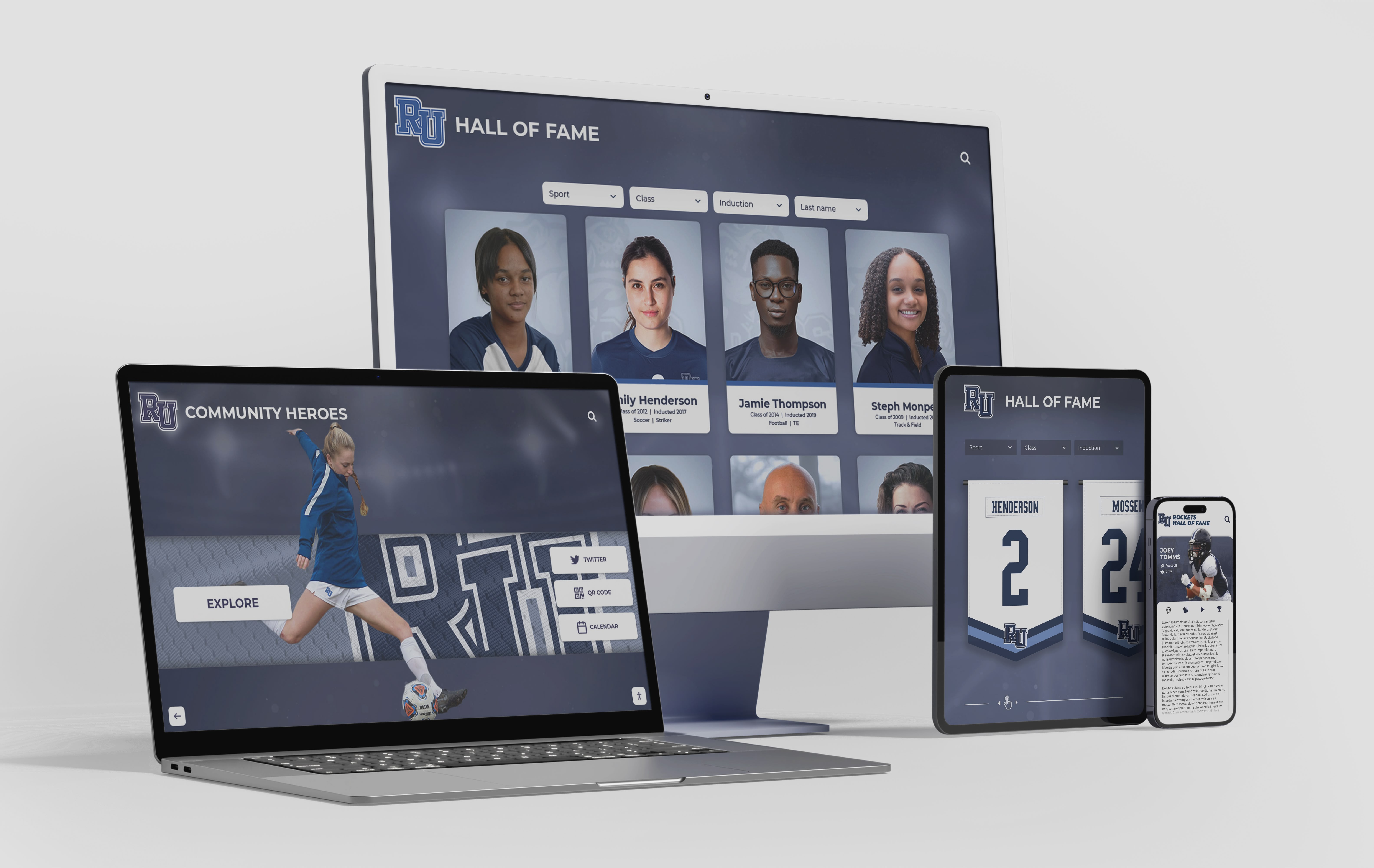
This unlimited capacity means institutions never face difficult decisions about whose recognition to remove when space fills, enabling comprehensive historical documentation honoring all participants and supporters appropriately.
Intuitive Content Management for Advancement Teams
Tournament coordinators are advancement professionals, not web developers or IT specialists. Rocket Alumni Solutions provides purpose-built content management systems requiring no technical expertise for routine updates:
- Add new tournament year results through simple web forms
- Upload photos with automatic optimization and organization
- Update event information and logistics details instantly
- Manage sponsor recognition without graphic design skills
- Generate reports showing engagement analytics
This administrative simplicity ensures tournament history remains current without requiring expensive external vendors or scarce IT department resources for routine content management.
Comprehensive Analytics Demonstrating Engagement
Digital platforms generate valuable data revealing how alumni engage with tournament content, providing insights traditional approaches categorically cannot:
- Track views and interactions with tournament history
- Identify most popular content (specific years, photo galleries, sponsor information)
- Monitor when alumni engagement peaks (during marketing campaigns, immediately post-tournament)
- Understand geographic distribution of digital visitors
- Demonstrate program value through concrete engagement metrics
These analytics help tournament committees optimize communications, demonstrate sponsor value through visibility metrics, and make data-informed decisions about content priorities based on actual audience interest rather than assumptions.
Integration with Broader Alumni Recognition
Tournament recognition naturally integrates with comprehensive alumni recognition systems institutions maintain. Rather than isolated tournament platforms separate from hall of fame displays or donor recognition, unified systems create cohesive experiences:
Alumni profiles can include tournament participation history and competitive achievements, donor recognition can highlight those supporting through tournament sponsorship, homecoming and reunion activities can prominently feature tournament traditions and history, and athletic recognition can celebrate alumni-athlete tournament participants.
This integration creates holistic alumni engagement ecosystems where different recognition elements reinforce each other, increasing overall program effectiveness while reducing implementation and maintenance costs compared to multiple disconnected systems.
Best Practices for Long-Term Tournament Success
Beyond successful individual events, the most valuable tournaments establish enduring traditions that strengthen over decades rather than fizzling after initial enthusiasm wanes.
Establish Consistent Tradition Elements
Successful long-term programs maintain recognizable traditions creating continuity and nostalgia:
Signature Trophy or Award: Create distinctive recognition for tournament champions becoming symbolic of competitive excellence, displayed prominently during events and year-round in institutional facilities, and generating pride among winners who join exclusive multi-year champion communities.
Returning Sponsor Recognition: Celebrate corporate partners supporting across multiple years prominently, providing enhanced recognition levels for cumulative multi-year commitments, telling sponsor stories explaining their institutional connections and giving motivations, and creating exclusive benefits for long-term partners demonstrating reciprocal loyalty.
Multi-Generational Participation: Encourage and celebrate families attending across generations with special recognition for parents competing alongside children, profiles highlighting multi-generational alumni tournament participants, and creating legacy team opportunities for related alumni playing together.
Continuous Improvement Mindset
Even successful tournaments benefit from ongoing evaluation and enhancement:
Participant Feedback Collection: Implement post-event surveys gathering feedback on every aspect of tournament experience, conduct focus groups with frequent participants and sponsors, monitor social media for spontaneous reactions and suggestions, and benchmark against other institutional tournaments and industry best practices.
Committee Reflection and Planning: Schedule post-event debriefs identifying successes to replicate and challenges to address, document lessons learned while details remain fresh, assign responsibility for improvement initiatives before next tournament, and begin early planning for subsequent years rather than waiting until time pressure forces reactive responses.
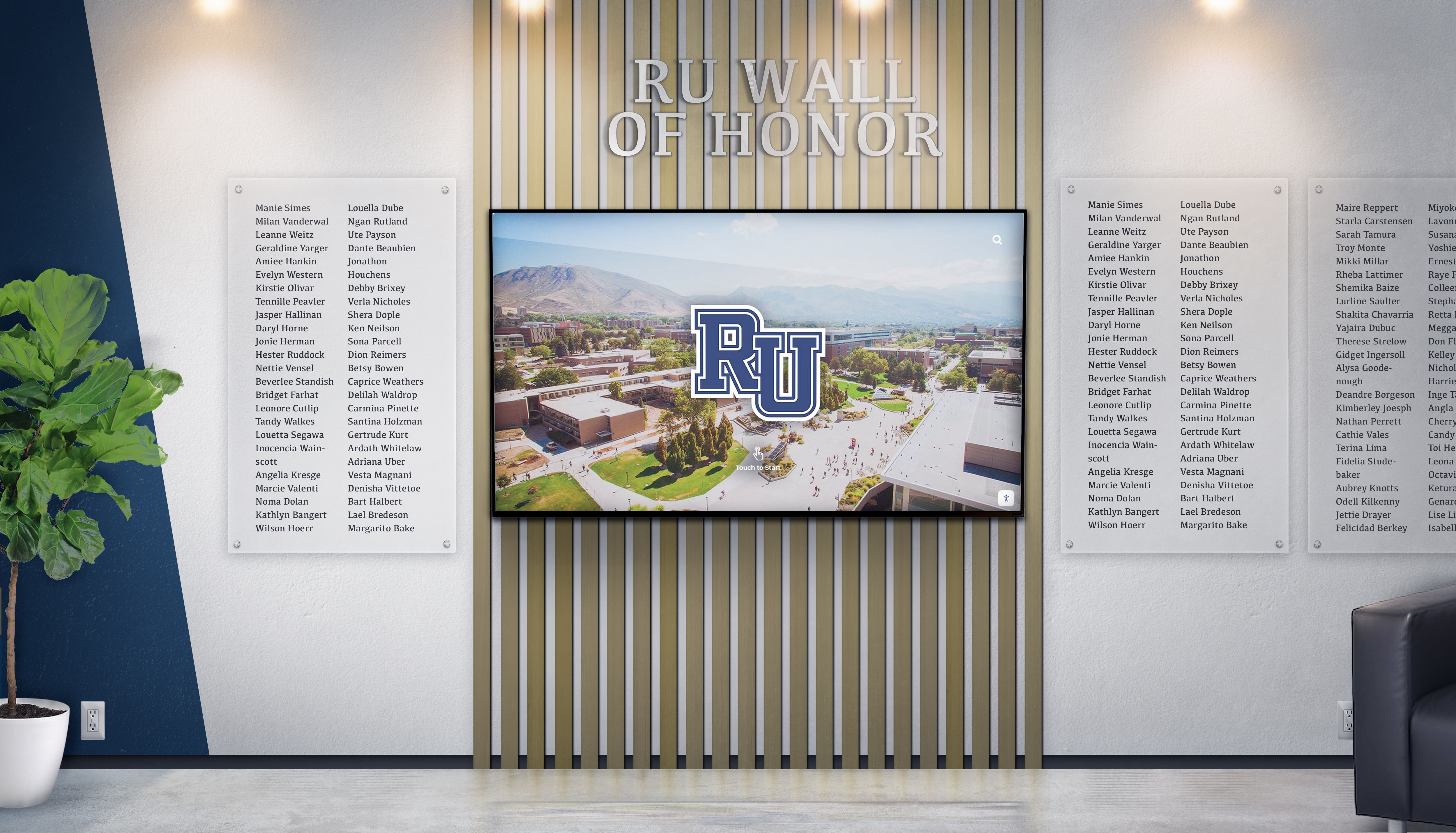
Format Innovation: While maintaining beloved traditions, thoughtfully introduce enhancements keeping tournaments fresh including rotating special competitions or novelty elements, implementing technology improvements (mobile scoring, live streaming), experimenting with different hospitality or entertainment options, and adapting based on participant demographics as alumni populations evolve.
Building Tournament Leadership Pipeline
Successful programs develop succession plans ensuring continuity when key volunteers transition:
- Recruit tournament committee members with staggered terms preventing complete turnover simultaneously
- Engage recent alumni in entry-level volunteer roles developing future leadership
- Document procedures and institutional knowledge beyond individual memories
- Create mentorship pairings where experienced volunteers guide newer committee members
- Recognize committee contributions publicly encouraging ongoing service and inspiring others to volunteer
Connecting Tournaments to Institutional Priorities
Strengthen tournament value by explicitly connecting revenue to visible, meaningful outcomes:
Transparent Fund Allocation: Clearly communicate how tournament proceeds support specific programs—naming scholarship recipients supported by golf event funding, documenting program expansions or improvements tournament revenue enabled, showing tangible facilities or equipment purchased with golf event proceeds, and recognizing donors and sponsors alongside beneficiaries of their support.
Student Engagement: Connect current students with tournament supporters through scholarship recipient participation meeting donors and sponsors, student volunteer involvement in tournament operations, video messages from scholarship beneficiaries shared during awards ceremonies, and student performance or presentations at post-tournament receptions.
Measurable Impact Reporting: Provide concrete data demonstrating tournament success including total funds raised and net proceeds after expenses, year-over-year growth trends, cumulative fundraising across tournament history, program outcomes enabled by tournament support (degrees granted, students served, competitions won), and comparative institutional benchmarking.
Technology Implementation: Getting Started with Digital Tournament Recognition
Institutions recognizing the value of digital platforms for comprehensive tournament management and recognition can implement these systems through straightforward processes.
Assessment and Planning Phase
Begin by evaluating current state and defining objectives:
Current Tournament Documentation: Inventory existing historical records including past winner information, participant lists and archives, photo collections from previous years, sponsor acknowledgment materials, and any legacy recognition displays or materials.
System Objective Definition: Clarify primary goals driving technology adoption such as preserving comprehensive tournament history, improving sponsor recognition and value proposition, streamlining event communication and information distribution, creating year-round engagement beyond annual events, and demonstrating tournament heritage and tradition to prospective participants.
Stakeholder Input: Gather perspectives from tournament committee members, frequent participants, long-term sponsors, advancement leadership, and potentially alumni focus groups representing diverse constituencies.
Content Development and Migration
Transform historical records into engaging digital content:
Historical Data Organization: Compile tournament winner information across available years, identify participant lists and attendance records, gather photo collections and obtain necessary permissions, document sponsor support history and recognition levels, and capture stories and notable moments from tournament lore.
Content Quality Enhancement: Write compelling narratives contextualizing tournament history and tradition, professionally scan and optimize historical photos for digital display, create sponsor profiles with company information and relationship history, develop video content if resources allow (interviews with long-time participants or sponsors), and ensure accessibility compliance for all content.
Platform Configuration and Launch
Modern platforms from providers like Rocket Alumni Solutions streamline implementation:
System Customization: Configure platforms with institutional branding and design preferences, organize content structure and navigation pathways, integrate with existing websites and registration systems where beneficial, establish administrative access and permissions, and test all functionality comprehensively before public launch.
Staged Launch Approach: Consider soft launch with tournament committee and key stakeholders first, gather initial feedback and make refinements, plan prominent public launch generating awareness and excitement, coordinate launch timing with tournament marketing for maximum impact, and prepare communications explaining new platform and encouraging exploration.
Ongoing Management Planning: Establish clear content update responsibilities and schedules, train designated staff on platform management, define procedures for adding new tournament results annually, plan for regular content enhancements and historical expansion, and schedule periodic platform reviews evaluating engagement and effectiveness.
Measuring Tournament Success and Return on Investment
Successful programs require clear metrics demonstrating value to institutional leadership, sponsors, and participants justifying continued investment and support.
Financial Metrics
Track revenue and profitability trends including gross revenue from all sources (registration, sponsorship, donations, ancillary income), direct expenses creating net revenue calculations, year-over-year growth or decline trends, cost per participant compared to industry benchmarks, and sponsor retention rates demonstrating relationship sustainability.
Participation Metrics
Monitor alumni engagement patterns including total participant numbers and year-over-year trends, first-time participant recruitment and retention rates, geographic diversity and distance traveled, class year representation showing engagement across generations, and consecutive participation streaks identifying loyal supporters.
Sponsor Metrics
Evaluate corporate partnership success through the number of sponsors and support level distribution, returning sponsor percentages indicating satisfaction, sponsor acquisition cost and retention value, sponsor feedback on visibility and value delivered, and sponsor-driven business outcomes (recruiting, donations beyond tournament, partnerships).
Engagement Metrics
For digital recognition platforms, analytics provide valuable insights into digital content interaction volume and growth, popular content sections (specific tournament years, photo galleries, sponsor information), peak engagement timing and patterns, social sharing frequency and reach, and mobile versus desktop access patterns.
Impact Metrics
Connect tournaments to institutional outcomes including scholarship dollars awarded to students, specific programs supported or enhanced, student beneficiary numbers and success stories, long-term cumulative impact of tournament series, and alumni satisfaction and institutional connection measures.
Conclusion: Building Enduring Alumni Golf Traditions
Annual alumni golf tournaments represent powerful opportunities for educational institutions to generate significant program revenue while strengthening graduate connections and building beloved traditions spanning generations. Success requires meticulous planning across months-long timelines, efficient coordination of complex logistics from hotel arrangements to day-of execution, strategic sponsor cultivation providing genuine value beyond one-day visibility, and thoughtful preservation of tournament history honoring tradition while inspiring future participation.
Modern digital recognition platforms transform alumni golf programs from annual logistical challenges into strategic engagement infrastructure serving institutions year-round. By housing comprehensive tournament history in searchable, accessible formats, providing permanent sponsor recognition justifying multi-year commitments, centralizing event information and communications efficiently, and creating interactive experiences extending engagement beyond tournament day, solutions like Rocket Alumni Solutions address every limitation of traditional approaches while introducing capabilities impossible through physical recognition alone.
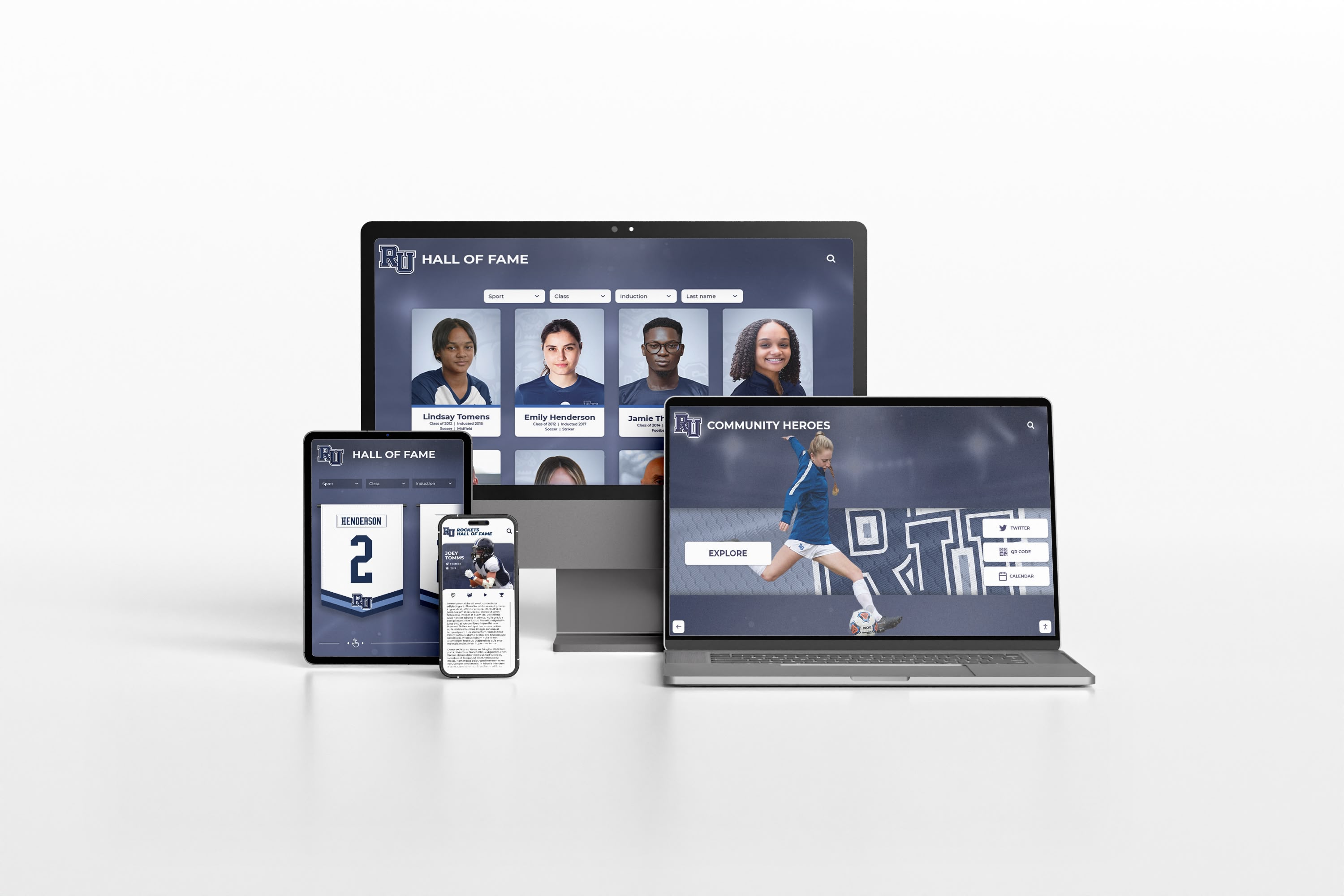
The most successful programs recognize that technology serves tradition rather than replacing it—honoring decades of tournament history while ensuring that legacy remains accessible to current and future alumni communities. Whether your institution is launching its first alumni golf tournament or seeking to revitalize a long-standing tradition, combining proven event management practices with modern recognition technology creates experiences that honor the past, engage the present, and build sustainable traditions for the future.
Ready to Enhance Your Alumni Golf Tournament?
Discover how Rocket Alumni Solutions provides comprehensive platforms designed specifically for alumni event management and recognition. From preserving tournament history and showcasing sponsor support to communicating event details and engaging alumni year-round, purpose-built recognition systems transform how institutions honor tradition while building sustainable advancement infrastructure. Contact us to explore how digital recognition can strengthen your annual alumni golf event while creating lasting value for your institution, participants, and sponsors.




































